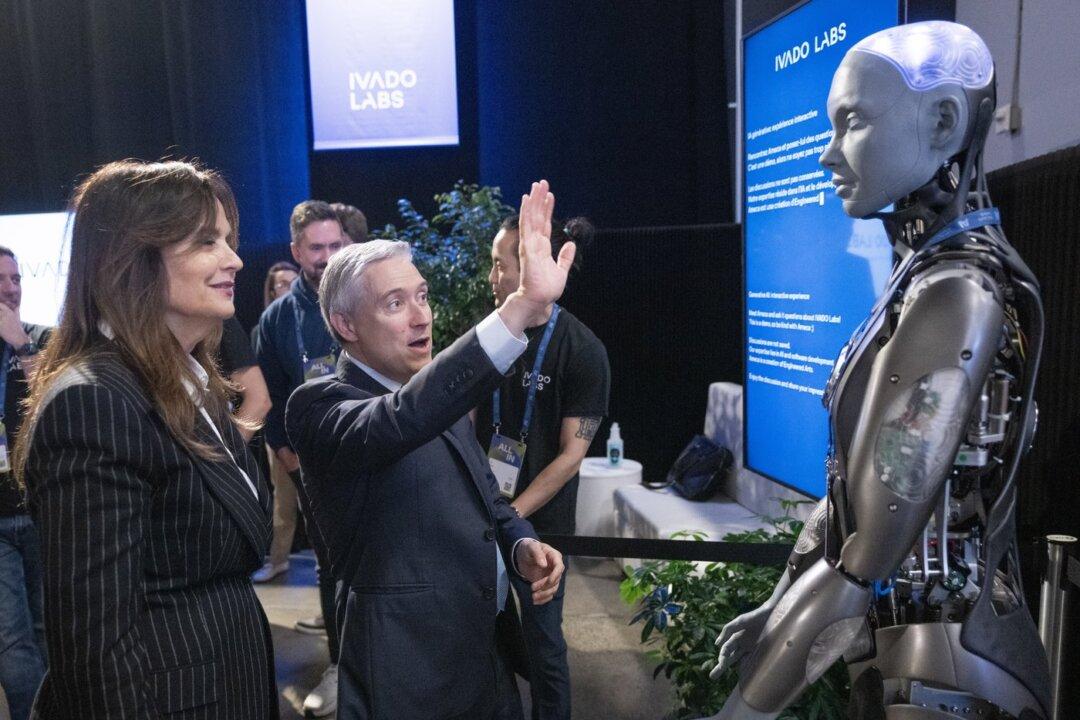The federal government on Wednesday unfurled a voluntary code of conduct for generative AI, as anxiety persists over its proliferation and pace of development.
The self-imposed guardrails will “build safety and trust as the technology spreads,” Innovation Minister François-Philippe Champagne told a crowd of techies at the All In artificial intelligence conference in Montreal, where Canadian technology companies including OpenText and Cohere pledged to sign on.





